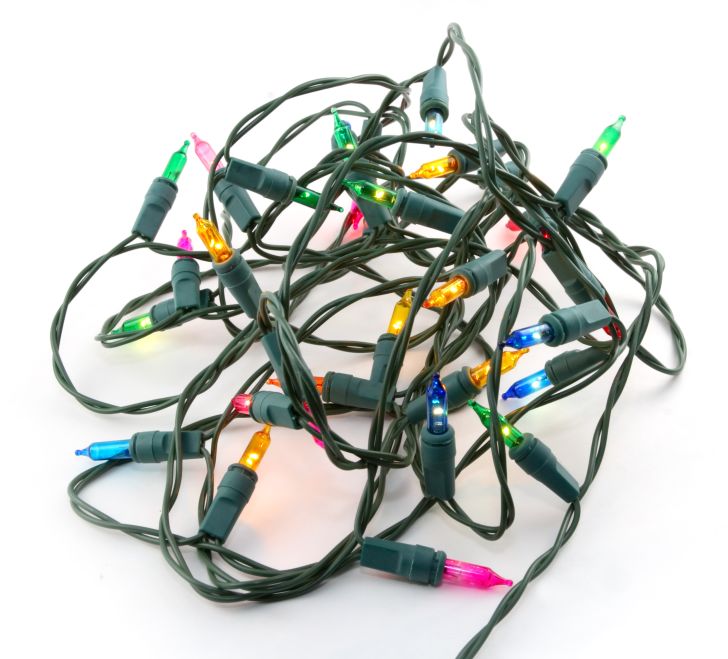According to the
EPA, Americans generate approximately 262 million tons of waste each year—and that amount keeps growing. In honor of Earth Day, which we'll celebrate on April 22, here are a few things you may have been throwing out that, with a little effort, you can actually recycle.
1. DENTURES
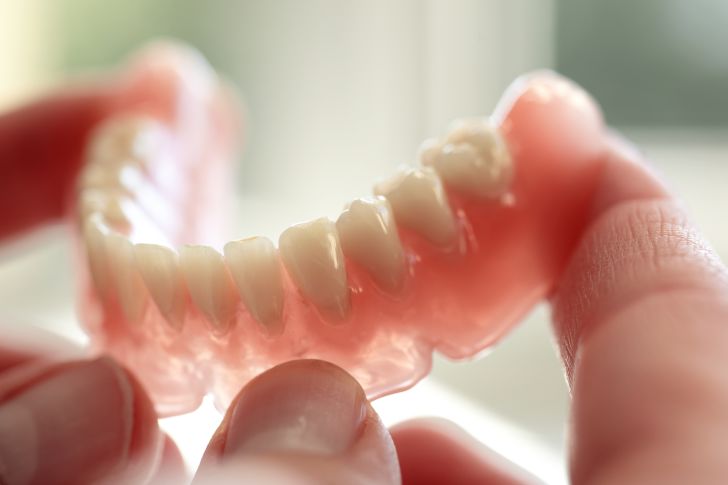
ISTOCK
Grandpa's choppers may hold $25 worth of recyclable metals, including gold, silver, and palladium. The
Japan Denture Recycling Association is known to collect false teeth, remove and recycle the metals, and discard the rest of the denture (which is illegal to reuse). The program has donated all of its earnings to UNICEF.
2. HOLIDAY LIGHTS
Got burnt out holiday lights? The folks at
HolidayLEDs.com will gladly take your old lights, shred them, and sort the remaining PVC, glass, and copper. Those raw materials are taken to another recycling center to be resurrected.
3. SEX TOYS

ISTOCK
The first step in recycling your toy is to send it to a specialty processing plant, where it's sterilized and sorted. There, all "mechanical devices" are salvaged, refurbished, and resold. Silicone and rubber toys, on the other hand, are "ground up, mixed with a binding agent, and remolded into new toys," according to the aptly titled website,
Sex Toy Recycling. Metals, plastics, and other leftovers retire from the pleasure industry and are recycled into conventional products.
4. HOTEL SOAP
Not all hotels throw out that half-used soap you left in the shower: Some send it to
Clean the World. There, soap is soaked in a sanitizing solution, treated to a steam bath, and then tested for infections. Once deemed safe, the soap is distributed to less fortunate people across the globe. So stop stealing soap from hotels—you may be stealing from charity.
5. MATTRESSES
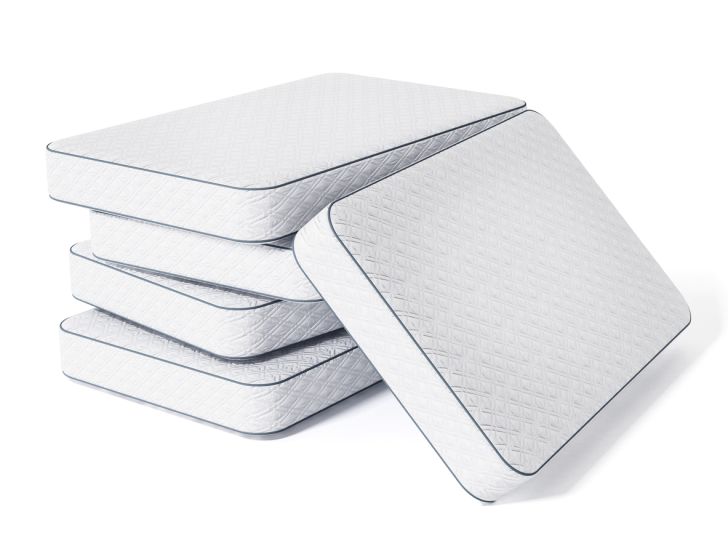
ISTOCK
You don't need to dump your old box spring at the landfill. Because they're equipped with special saws,
mattress recycling factories can separate the wood, metal, foam, and cloth. The metal springs are magnetically removed, the wood is chipped, and the cloth and foam are shredded and baled. In its future life, your saggy mattress could become a cute sundress or even wallpaper.
6. COOKING OIL
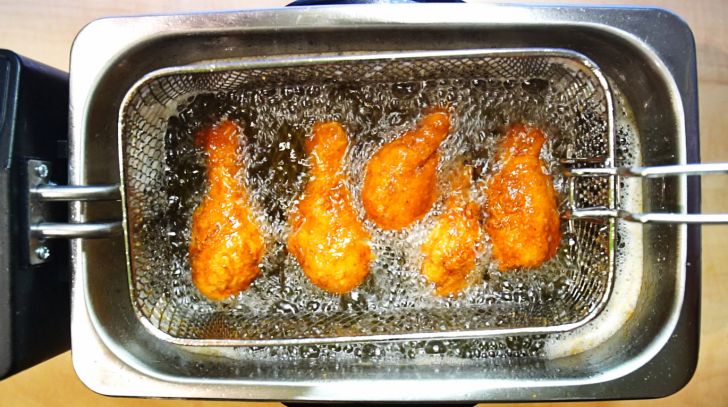
ISTOCK
When you’re finished making French fries at home, it can be tempting to toss the spent frying oil down the drain. But you shouldn’t—
nearly half of all sewer overflows are caused by fat and oil. There are a few curbside programs in the United States that accept used cooking oil, which may send the oil to a biodiesel plant that will transform it into fuel. To see if there’s a collection point near you, use this
online tool.
7. DIRTY DIAPERS
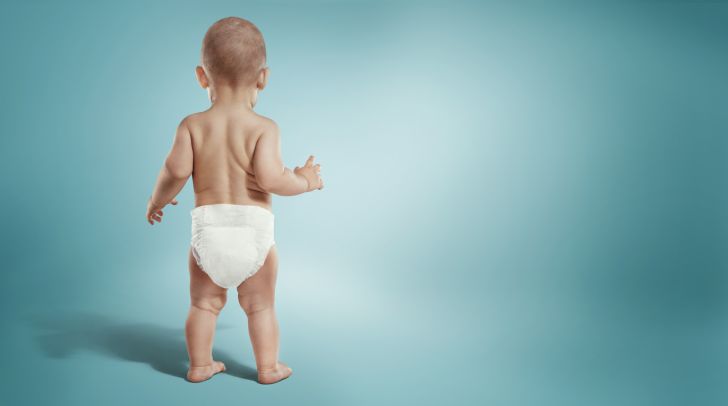
ISTOCK
The average baby soils 6000 diapers before being potty trained—that's one
ton of diapers rotting in a landfill per child. But not all poo-packages have to suffer this fate. The company
Knowastecollects and recycles dirty diapers at hospitals, nursing facilities, and public restrooms. After sanitizing the diaper with a solution, they mechanically separate the "organic matter" from the diaper's plastic, which is compressed into pellets and recycled into roof shingles. Meanwhile, paper pulp in diapers grows up to become wallpaper and shoe soles.
8. CDS
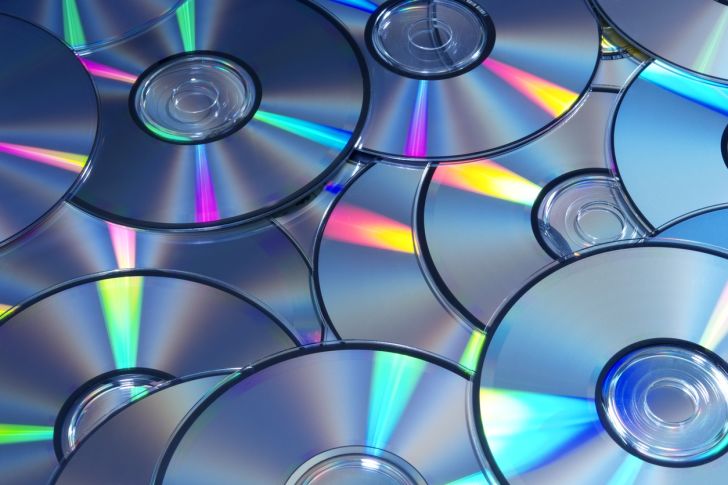
ISTOCK
CDs are made of polycarbonate and won't decompose at a landfill. But if you send your discs to
The CD Recycling Center, they'll shred them into a fine powder that will be later melted down into a plastic perfect for automotive and building materials—even pavement!
9. SHOES
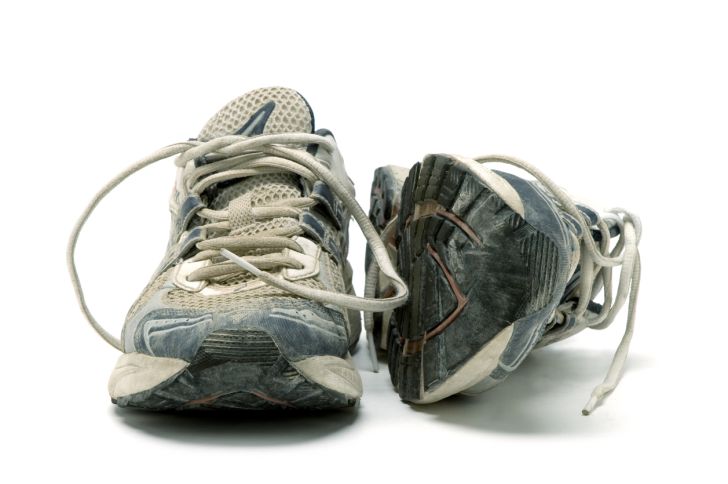
ISTOCK
Send your beat-up sneaks to
Nike Grind and you'll help build a running track. Nike's recycling facility rips apart worn shoes, separating the rubber, foam, and fabric. The rubber is melted down for running track surfaces, the foam is converted into tennis court cushioning, and the fabric is used to pad basketball court floorboards.
10. ANIMAL POOP
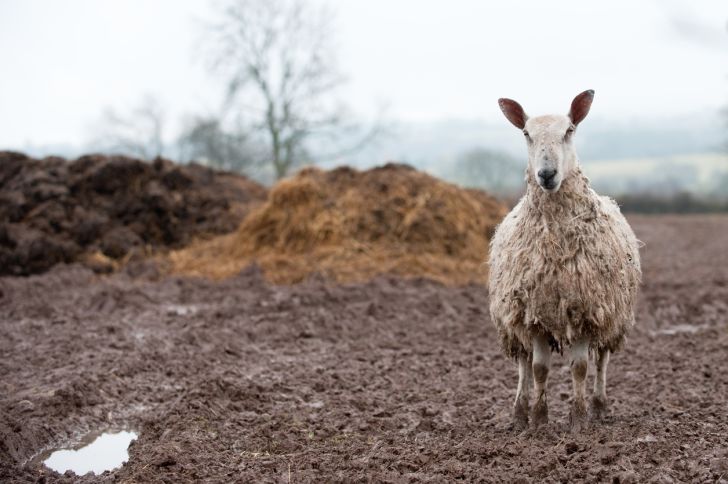
ISTOCK
Why turn animal poop into fertilizer, manure, or trash when you can make it into a greeting card? Or a bouquet of arficial flowers? The folks at
Poopoo Paper do that, plus more—they can transform the poop of a wide variety of animals (cows, horses, elephants, and more) into cards, bookmarks, keychains, magnets, jewelry and more!
11. TROPHIES

ISTOCK
Is your room full of plastic bowling trophies from fifth grade? If the thrill of victory fades, you can recycle your old trophies at recycling centers like
Lamb Awards. They'll break down your retired awards, melting them down or reusing them for new trophies.
12. HUMAN FAT (WARNING; ILLEGAL)
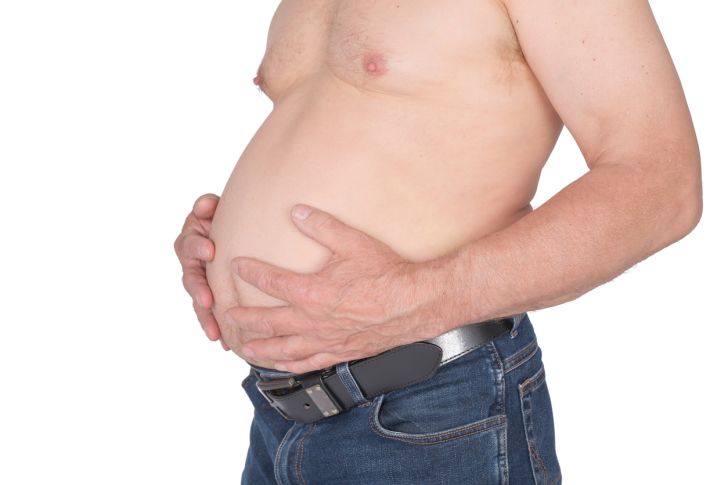
ISTOCK
If it weren't for legal complications, America's obsession with cosmetic surgery could solve its energy problem. In 2008, a Beverly Hills plastic surgeon lost his job when police caught him fueling his car with a biofuel created from his patients'
liposuctioned fat. (Convicting him wasn't hard, since he advertised the substance online as "lipodiesel.") That's not the first time fat has powered transportation: In 2007, conservationist Peter Bethune used 2.5 gallons of human fat to fuel his eco-boat,
Earthrace.
13. ALUMINUM FOIL
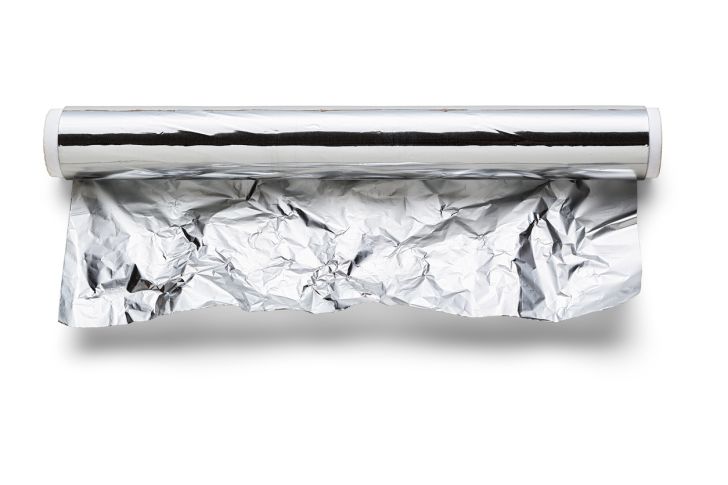
ISTOCK
Foil is probably one of the most thrown away recyclable materials out there. (Americans throw away about 1.5 million tons of aluminum products every year, according to the
EPA.) But foil is 100 percent aluminum, and as long as you thoroughly
clean it of any food waste, you technically should be able to recycle it with your aluminum cans (but first check with your local recycling plant to ensure they’re equipped to process it; some aren’t).
14. CRAYONS
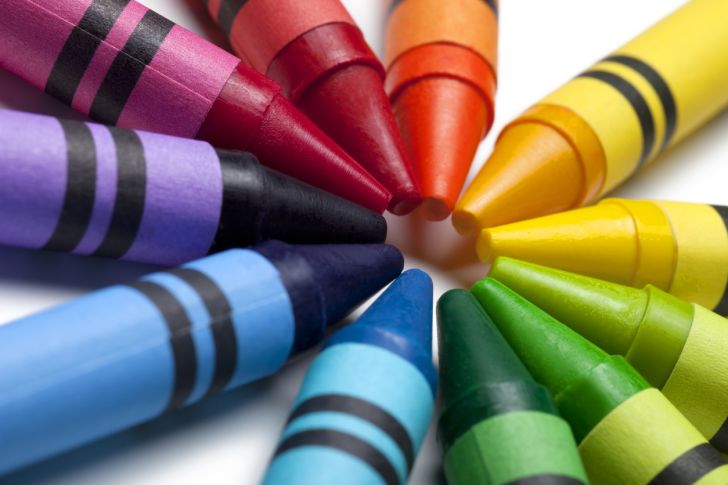
ISTOCK
Don't toss those stubby Crayolas! Instead, mail them to the
National Crayon Recycle Program, which takes unloved, broken crayons to a better place: They're melted in a vat of wax, remade, and resold. So far, the program has saved more than 120,000 pounds of crayons.
15. DEAD PETS
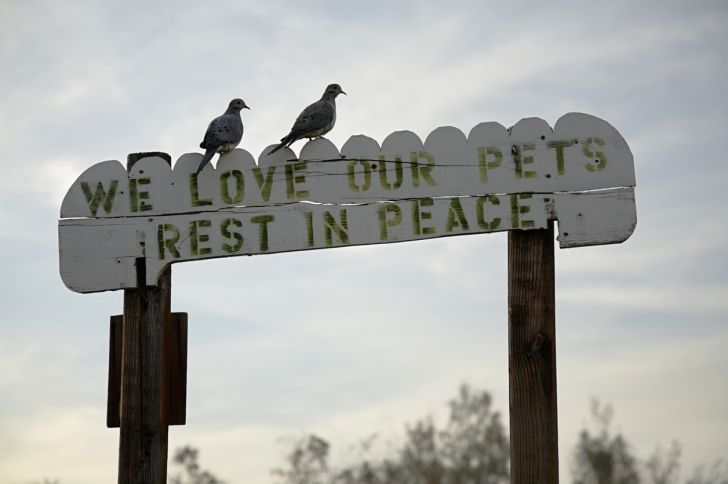
ISTOCK
When Fluffy bites the dust in Germany, you can memorialize your beloved pet by recycling her. In Germany, it's illegal to bury pets in public places. This leaves some pet owners in a bind when their furry friends die. A rendering plant near the town of Neustadt an der Weinstraße accepts
deceased pets; animal fat is recycled into glycerin, which is used in cosmetics such as lip balm.
16. SHINGLES
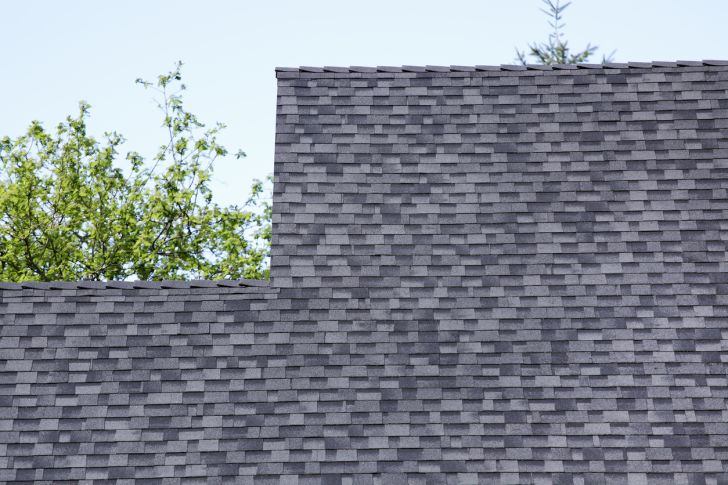
ISTOCK
The EPA estimates that 11 million tons of shingles are disposed each year [
PDF]. Most of them are made out of asphalt, which is why more than two dozen states pulverize the old shingles and recycle them into
pavement. For every ton of shingles recycled, we save one barrel of oil.
17. PRESCRIPTION DRUGS
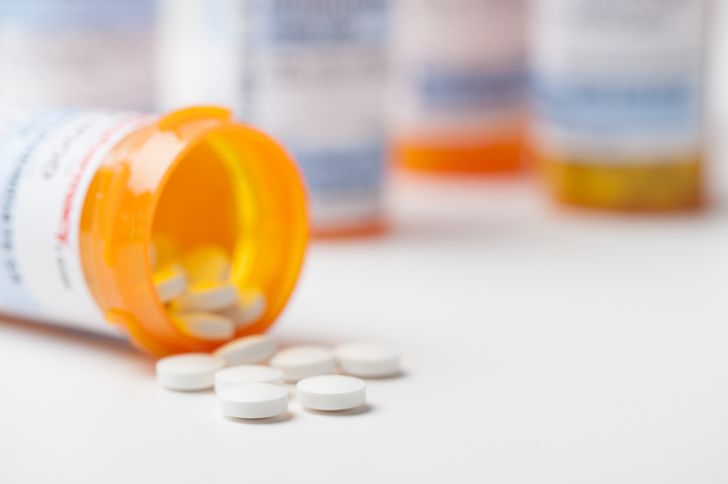
ISTOCK
You can—and should—properly dispose of expired prescription drugs. But what about unneeded pills that are still good?
Some states let you donate unused drugs back to pharmacies. Some charities also accept leftover HIV medicine from Americans who have switched prescriptions, stopped medicating, or passed away. These drugs are shipped overseas and distributed to HIV victims around the world.
18. FISHING LINE

ISTOCK
Fishing line is made from monofilament, a non-biodegradable plastic that you can't put in your everyday recycling bin. At
Berkley Fishing, old fishing line is mixed with other recyclables (like milk cartons and plastic bottles) and transformed into fish-friendly habitats. So far, Berkley has saved and recycled more than 9 million miles of fishing line.
19. WINE CORKS
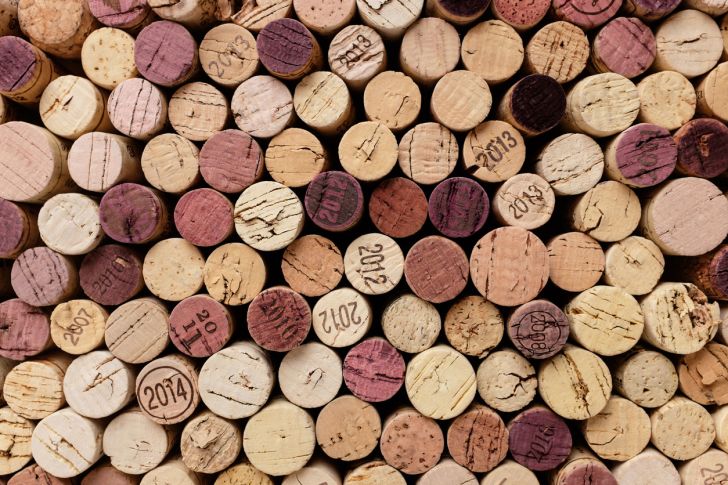
ISTOCK
Your recycling center probably doesn't accept wine corks, but companies like
Terracycle and
Yemm & Hart will. They turn cork into flat sheets of tile, which you can use for flooring, walls, and veneer. Another company,
ReCORK, has extended the life of over 4 million unloved corks by giving them to
SOLE, a Canadian sandal maker.

